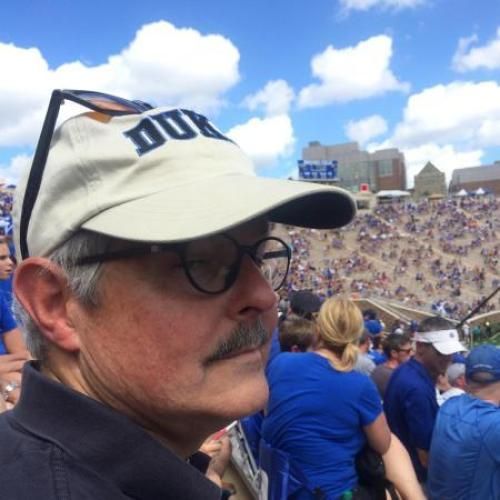In situ studies of the primary immune response to (4-hydroxy-3-nitrophenyl)acetyl. II. A common clonal origin for periarteriolar lymphoid sheath-associated foci and germinal centers.
In the genetically restricted response that follows immunization with (4-hydroxy-3-nitrophenyl)acetyl coupled to protein carriers, two distinct populations of B cells are observed in the spleens of C57BL/6 mice. By 48 h postimmunization, foci of antigen-binding B cells appear along the periphery of the periarteriolar lymphoid sheaths. These foci expand to contain large numbers of antibody-forming cells that neither bind the lectin, peanut agglutinin, nor mutate the rearranged immunoglobulin variable region loci. Germinal centers containing peanut agglutinin-positive B cells can be observed by 96-120 h after immunization. Although specific for the immunizing hapten, these B cells do not produce substantial amounts of antibody, but are the population that undergoes somatic hypermutation and affinity-driven selection. Both focus and germinal center populations are pauciclonal, founded, on average, by three or fewer B lymphocytes. Despite the highly specialized roles of the focus (early antibody production) and germinal center (higher affinity memory cells) B cell populations, analysis of VH to D to JH joins in neighboring foci and germinal centers demonstrate that these B cell populations have a common clonal origin.
Duke Scholars
Published In
DOI
ISSN
Publication Date
Volume
Issue
Start / End Page
Location
Related Subject Headings
- Sequence Homology, Nucleic Acid
- Phenylacetates
- Nitrophenols
- Molecular Sequence Data
- Mice, Inbred C57BL
- Mice
- Lymphoid Tissue
- Immunology
- Immunoglobulin Heavy Chains
- Immunoenzyme Techniques
Citation
Published In
DOI
ISSN
Publication Date
Volume
Issue
Start / End Page
Location
Related Subject Headings
- Sequence Homology, Nucleic Acid
- Phenylacetates
- Nitrophenols
- Molecular Sequence Data
- Mice, Inbred C57BL
- Mice
- Lymphoid Tissue
- Immunology
- Immunoglobulin Heavy Chains
- Immunoenzyme Techniques

